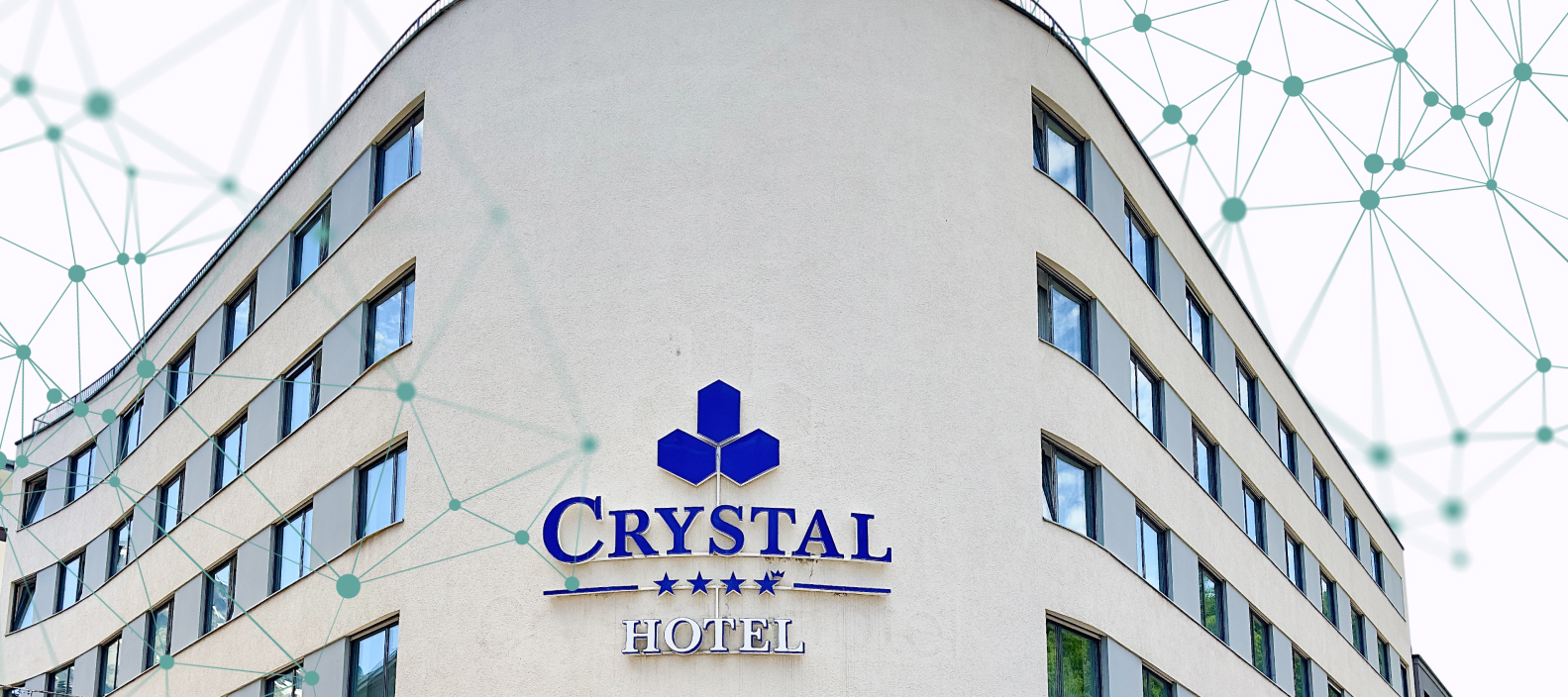
00:00
/
00:00
Why saving energy in existing commercial real estate is now a strategic necessity

Energy efficiency and energy saving are no longer just environmental aspects — they have become a strategic must for owners and operators of commercial properties. Increasing heating costs, changing regulations and growing expectations from investors and tenants make intelligent use of energy and consistent energy saving a business priority. In addition to reducing operating costs, predictive energy regulation increases real estate value, increases compliance capacity and makes buildings more resilient to market fluctuations.
In recent years, rising heating costs have had a significant impact on the profitability of buildings, forcing property owners to rethink their energy management. Early users of smart heating technologies not only gain an advantage in terms of future regulations and sustainability goals, but also benefit from immediate savings and long-term competitive advantages.
The biggest energy wastes in commercial buildings
One of the most common but often overlooked problems in existing commercial properties is “overheating” due to outdated heating systems. Many buildings still work with fixed schedules or manual settings, which results in unnecessarily high energy consumption. This means that rooms are often heated when they are unused or temperatures are kept unnecessarily high — this increases costs and affects tenants' comfort.
A main reason for these inefficiencies is the lack of data-based heating optimization. Many buildings use analog thermostats or reactive control mechanisms that do not take into account external factors such as weather changes, occupancy levels or current energy requirements. Intelligent energy control, on the other hand, uses predictive algorithms to automatically adjust heating systems, prevent energy waste and improve efficiency.
Another issue is manual power management. Even experienced facility managers cannot achieve the precision and consistency of automated control. Without intelligent automation, there are energy losses, fluctuating temperatures and rising operating costs.
According to scientifically recognized standards, inefficient heating systems can reduce operating costs by increase up to 25%. This lowers net operating income (NOI) and thus the value of real estate. At the same time, inefficient heating management can lead to falling tenant satisfaction, which has a negative effect on rent extensions and occupancy rates.
Smart heating: The key to energy savings in commercial buildings
Predictive heating is essential to reduce costs while maintaining room comfort. Predictive heating control is one of the most effective solutions because it uses real-time data and AI-based models to regulate temperatures as needed.
Smart thermostats and automated control enable zone-based heating so that only areas that are actually used are heated.
Predictive heating systems analyze weather forecasts and occupancy data to automatically adjust temperatures and avoid wasting energy.
Remote monitoring allows facility managers to efficiently use energy across multiple buildings, reduces manual effort and improves performance.
Regulatory requirements & future security for real estate investments
Through stricter energy efficiency regulations, operators of existing commercial properties must ensure that their buildings meet legal requirements in order to avoid penalties, loss of value and rising operating costs. Smart heating control helps to meet these standards and make buildings future-proof.
Intelligent heating control makes a decisive contribution to ensuring that properties meet the requirements of leading building standards and sustainability certifications. In Switzerland, energy-optimising solutions help, minerals and SNBS standards comply with increasingly stringent efficiency guidelines. For internationally recognized certifications such as LEED and BREEAM Advanced heating systems improve the energy rating of buildings — a decisive factor for investors and tenants looking for sustainable real estate. In addition, automated energy monitoring supports ESG reporting and CO₂ reduction goals, allowing owners to meet regulatory requirements while demonstrating their commitment to sustainability.
Conclusion: The economic advantage of smart heating technologies in existing commercial properties
Energy efficiency is no longer just a question of costs — it is a real competitive advantage.
With a predictive heating solution, owners can future-proof their investments, scale energy efficiency across entire portfolios, and strengthen a sustainable strategy.
Would you like to find out how smart heating control can transform your real estate?
contact us for more information about seamless, data-driven heating optimization.
Weitere Artikel

Case study: Transforming energy efficiency in the city of Schaffhausen with viboo
With viboo Predictive Control, Smart City Schaffhausen reduces energy consumption in the Bach school building by 22% and saves 13 tons of CO₂.

Why Realyze Ventures Invested in Viboo — and How Shared Goals Drive Impact in Real Estate
Realyze Ventures invests in Viboo to accelerate the decarbonization of existing buildings. Discover why this partnership is a strong strategic fit and how shared goals are driving measurable impact in the real estate industry.

SRF: Intelligente Thermostate sollen den Heizbedarf deutlich senken
Wir wurden in einer Radiosendung von SRF, dem Schweizer Radio und Fernsehen, vorgestellt und gaben ein Interview.

Smart Energy vs. Traditionelle Energie: Ein Wendepunkt für Gewerbegebäude
Smart Energy transformiert Gewerbegebäude: IoT, Automatisierung und Datenanalyse senken Energiekosten um bis zu 40 % und reduzieren CO₂-Emissionen.

Increasing energy efficiency in existing buildings: The partnership between Wattsense & viboo
viboo and Wattsense optimize existing buildings with predictive heating control and gateway technology — saving over 20% of energy without loss of comfort.
Ready to take the next step for the climate?
Find out how viboo can make your buildings more energy efficient — contact us today!
